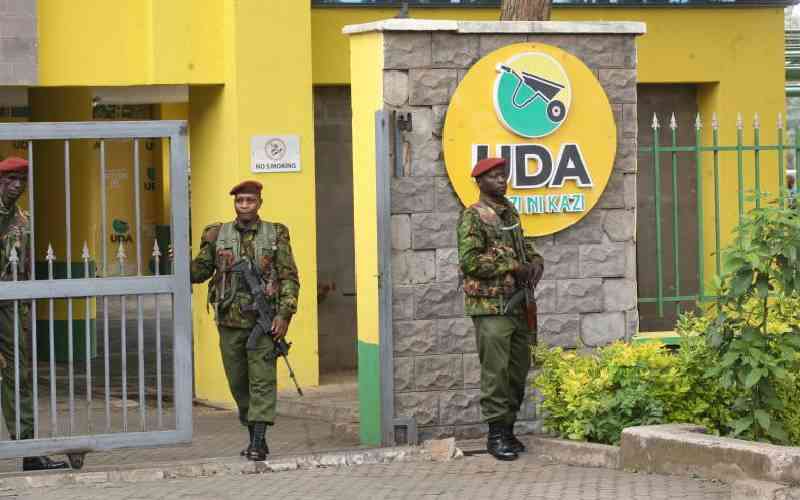- Details
- East Africa
- 450
A suspect has been charged with murder after he plowed his car into a crowd at a street festival in Vancouver, Canada celebrating Filipino heritage, killing 11 people, police announced Sunday.
Authorities have charged Kai-Ji Adam Lo, 30, with eight counts of second-degree murder following the incident Saturday night.
Lo, a local resident, was arrested at the scene by police after bystanders and witnesses intervened to detain him.
"The charge assessment is ongoing and further charges are anticipated," police said in a statement.
Lo has appeared in court and remains in custody.
Eleven people ranging in age from 5 to 65 were killed when the car drove into a crowd celebrating Lapu Lapu Day, an annual event commemorating Lapu-Lapu, an indigenous chief of Mactan, an island in the Philippines, who resisted Spanish colonization in the 1500s.
More than two dozen others were injured in the attack.
Police said they are "confident that this incident was not an act of terrorism."
Canadian Prime Minister Mark Carney said all Canadians were "shocked, devastated and heartbroken" by the tragedy.
"This is the darkest day in our city's history," said Interim Police Chief Steve Rai. By Yasin Gungor, Anadolu Agency






